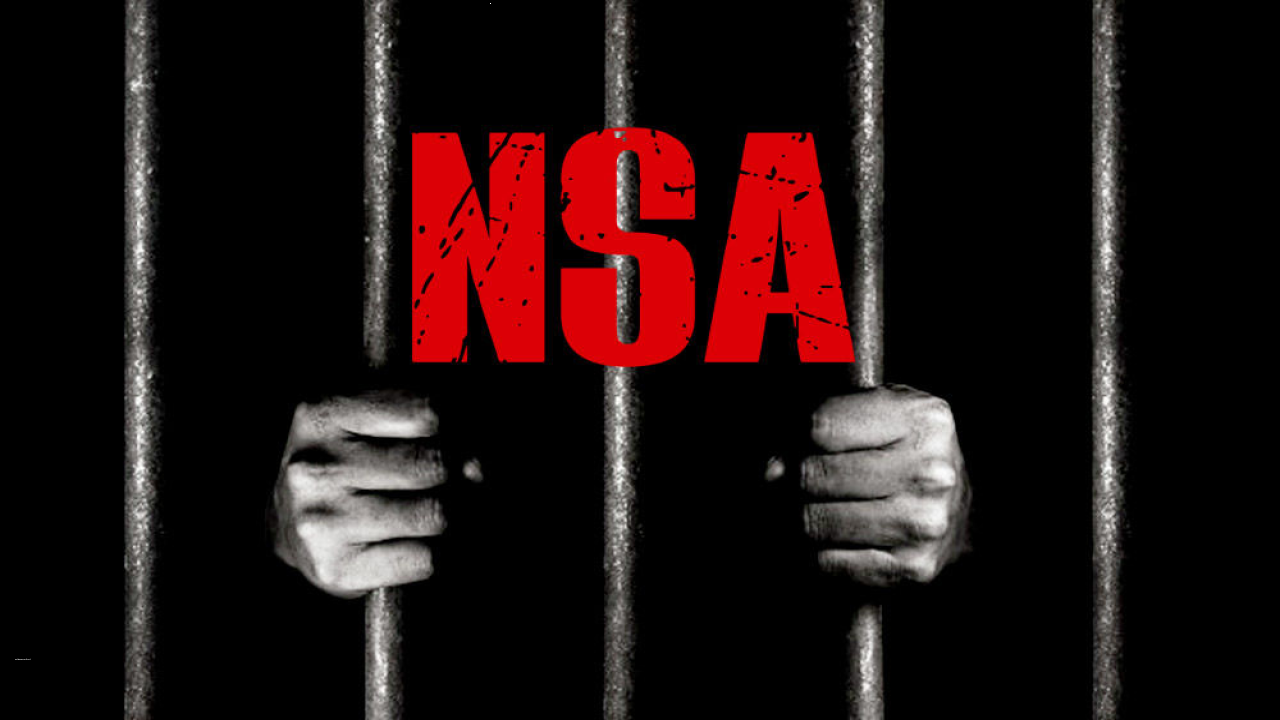National Security Act, 1980
The National Security Act, 1980 has been invoked in the case of Amritpal Singh, the self-styled Sikh preacher and leader of Waris Punjab De who is currently on the run. This was confirmed by Punjab Advocate General Vinod Ghai during a hearing at the Punjab and Haryana High Court on a habeas corpus petition filed by the legal advisor of Waris Punjab De. Here’s what you need to know about the NSA and the protections available under it.
What is the National Security Act, 1980?
The National Security Act, passed by the Indian Parliament in 1980, has been amended several times since then. The Act allows the state to detain a person without a formal charge and without trial to prevent them from acting in any manner prejudicial to the security of the state or for the maintenance of public order. It is an administrative order passed by the Divisional Commissioner or the District Magistrate, and not detention ordered by police based on specific allegations or for a specific violation of the law.
Grounds for detention
The NSA can be invoked to prevent a person from acting in any manner prejudicial to the defence of India, relations of India with foreign powers or the security of India. Among others, it can also be applied to prevent a person from acting in any manner prejudicial to the maintenance of supply and services essential to the community. An individual can be detained without a charge for a maximum period of 12 months. The detained person can be held for 10 to 12 days in special circumstances without being told the charges against them.
Protection available under the Act
The Indian Constitution allows both preventive detention and the right of protection against arrest and detention in certain cases, enshrined under Article 22 of the Constitution. However, Article 22(3) provides that the rights available to an arrested person will not be applicable in case of preventive detention. One crucial procedural safeguard under the NSA is granted under Article 22(5), where all the detained persons have the right to make an effective representation before an independent advisory board, which consists of three members, chaired by a member who is, or has been, a judge of a high court.
Criticism against NSA
The Act has been criticised by human rights groups who argue that it vitiates Article 22 of the Constitution and various provisions under the CrPC that safeguard the interest of an arrested person, namely that the arrested person should be informed regarding the ground of arrest and their right to consult a legal practitioner. Some human rights groups argue that the Act is often misused by authorities to silence political opponents or those who are critical of the government. However, there is an opposing view that the Act protects the larger interest of the state.
What the top court says
The Supreme Court has previously held that the law of preventive detention has to be strictly construed to prevent misuse of this potentially dangerous power, and meticulous compliance with the procedural safeguards has to be ensured.
Month: Current Affairs - March, 2023
Category: Legal & Constitution Current Affairs








